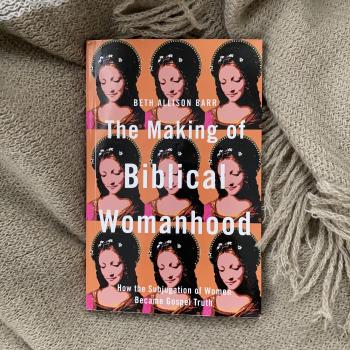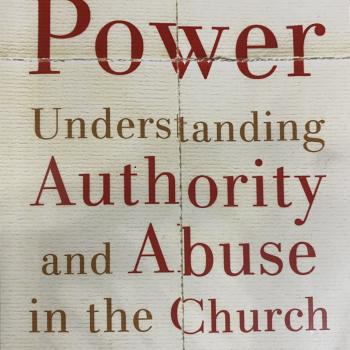
God never called us to be nice.
That’s how Sharon Hodde Miller opens her latest book, Nice: Why We Love to Be Liked and How God Calls Us to More. The provocative opening sets the stage for a message that isn’t, well, very nice. What does she mean? Doesn’t God want his people to be nice?
It all depends on your definition of the word. In her book, Miller explores a seemingly innocent idol that has quietly corrupted our faith, producing the bad fruits of cowardice, inauthenticity, shallowness, and more. Then she challenges readers to cultivate a better “tree,” providing practical steps to reclaim our credibility as followers of Christ, and bear better, richer, more life-giving fruits.
Nice releases on August 20, 2019. Miller joins us today with her expert perspective on the book.
Let’s clarify what you mean by the opening sentence: “God did not call you to be nice.” What do you mean, and what do you not mean, by this?
Sharon: The word “nice” means “pleasant or agreeable,” and I am not necessarily opposed to those things! Especially in our tribal culture of strife, outrage, mud-slinging, and name-calling. But—and it’s a big but—the solution to this division is not to “be nice.” If we simply replace outrage with niceness, it’s a lot like wallpapering over a giant hole in your living room. It looks nice, but if you apply any pressure to it at all, it will completely collapse. That is why Scripture never directs us to be “nice.” The word appears nowhere in the Bible. Instead, we are exhorted to bear fruits like kindness, gentleness, patience, and love. But unlike niceness, which is a superficial veneer, the fruits of the Spirit have deep roots that flourish and endure.
Give us an example of a way that being ‘nice’ actually accomplishes the opposite of what it appears to be doing?
Sharon: One very light-hearted example I give in the book is American Idol. At the beginning of each season, we watch these aspiring singers who step up to the mic with stars in their eyes, and then open their mouths to reveal they have no talent at all. For years I watched these poor people and wondered how on earth they got that far! How did their family and friends allow it to happen? Why didn’t anyone say something to them, before they humiliated themselves on national television?
This, to me, is a great example of how the decision to be nice, instead of honest, is not truly loving. You spare the person hurt feelings, but only for the moment, which reveals your niceness wasn’t ultimately about them. It was about you. You didn’t want to be the bearer of bad news.
American Idol is a low stakes example, but this plays out in really serious ways as well. Our niceness is decidedly unloving when we choose to be nice instead of confronting our family member’s alcoholism. It’s unloving when we choose to be nice instead of having a hard conversation with the friend who is flirting with their married co-worker. It’s unloving to be nice instead of responding to corruption in our midst. In these cases, niceness lets us off the hook of being the bad guy, but the consequences can be tragic.












